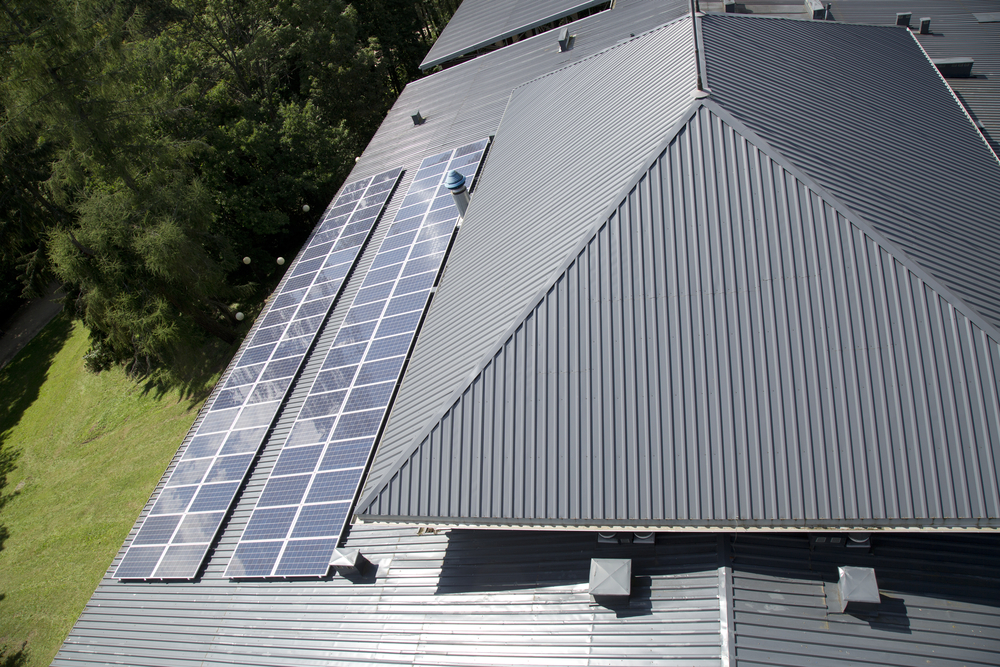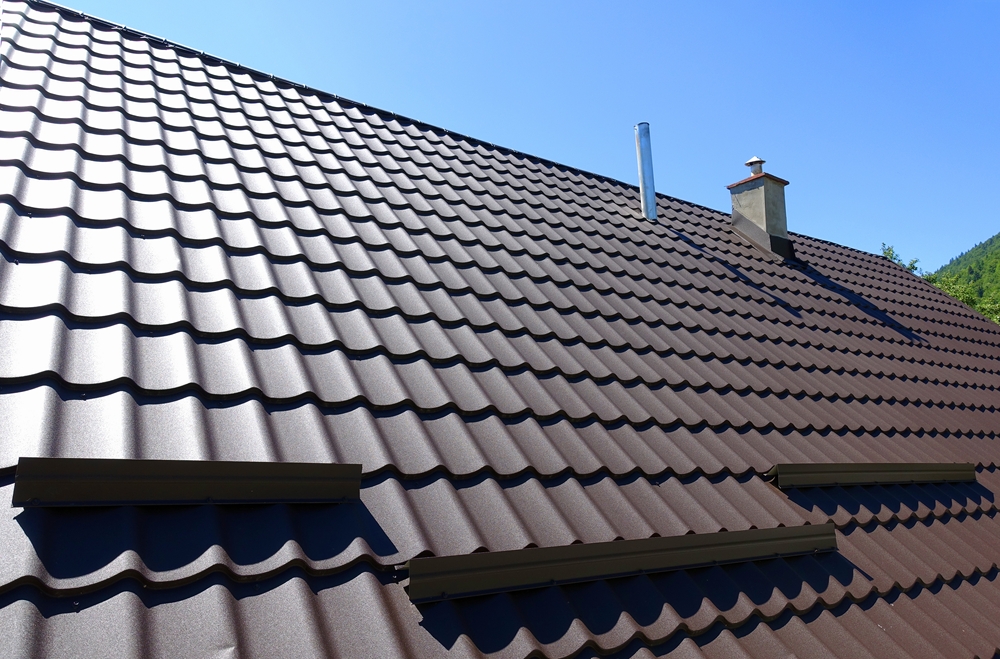It is a common belief that metal roofs can have a negative impact on the temperature of a house. A number of homeowners have been put off by this myth.
However, recent studies have proven that metal roofs can help with energy efficiency. This blog will look at how metal roofs can help the environment and how they can even provide benefits to a homeowner.
Metal roofs do not generate more heat than conventional roofing materials.
Due to the low thermal mass of metal roofs, they radiate heat rather than absorb it as asphalt shingles do.
This implies that rather than increasing the temperature in your home during the summer, metal roofing actually helps keep it cool, enhancing your home’s energy efficiency.
You should have no reason to be concerned about a metal roof installed on your property increasing the temperature inside your home.
However, the amount of heat retained by a metal roof might vary depending on the covering material and the roof’s design. The heat absorption of metal materials varies according to a number of factors.
Exposure to the sun and mass

The more direct sunlight that strikes a roof, the hotter it becomes. As the sun sets, your roof begins to cool, eventually reaching the temperature of the surrounding air. However, it takes longer for heavier materials with more mass to do so.
Lightweight materials conduct heat the most efficiently, preventing heat transmission into your home. Fortunately, metal roofing products are lighter than a wide variety of other roofing materials.
How do roofs contribute to increased energy efficiency?
The quality of the materials used and the competence with which your roofing professional install the metal roof are just a few of the aspects that determine the energy efficiency of a metal roof. Additional aspects that contribute to the energy efficiency of metal roofing include the following:
Reflective surface
Asphalt shingles, wood, tile, and concrete all conduct heat into your home. Metal roofs, on the other hand, reflect light and heat due to their low thermal mass. Reflective coatings aid in this process by allowing your property to be substantially cooler than it would be with conventional roofing materials.
Effective ventilation
When you engage with an expert roofing contractor, you can rest assured that your metal roof will be properly ventilated. A combination of ridge vents and soffits allows air to move out of the attic area, keeping your home cool in the summer and venting moisture out of the attic space in the winter to prevent mold and mildew.
Do you have an urgent metal building question? Phone us at 888 237-2991. Our friendly operators are standing by.

